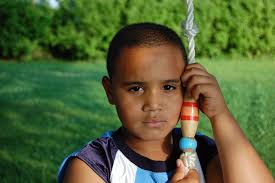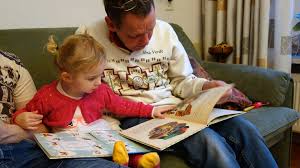What Can Be Done About Parental Alienation?
 First off the term parental alienation is thrown around a lot. There is no doubt that custodial parent often times participate in behavior that damages the child’s image of the non-custodial parent or even just puts the child in the middle of two disputing parents.
First off the term parental alienation is thrown around a lot. There is no doubt that custodial parent often times participate in behavior that damages the child’s image of the non-custodial parent or even just puts the child in the middle of two disputing parents.
To truly determine if Parental Alienation Syndrome has occurred it takes a sophisticated mental health professional. Most forensic evaluators such as psychiatrists and clinical psychologist at the Ph.D. level have studied this discord and are able to recognize it. Diagnosing Parental Alienation Syndrome requires a lots of tests, a detailed case history, and observation. Once diagnosed the mental health professional can develop recommendations regarding what can be done.
Unfortunately even with a written report from a mental health provided little or nothing will happened without court intervention. The alienated parent has to take the report to the judge to seek intervention. This requires convincing the judge the alienation has actually occurred and is not in the best interest of the child to stay in such an environment. This means seeking to switch custody of the child.
Get Primary Custody
Parents who are successful at getting primary custody of their children in a Parental Alienation Situation share some of the following characteristics:
- They are even-tempered, logical and kept their emotions under control. They never seek to retaliate.
- They never give up.
- They are willing and able to go to the financial expense of seeing this through.
- They got help from a skilled family lawyer who had experience with parental alienation.
- They become good at understanding how the courts work and the laws as it applies to their case.
- They had a case where the forensic evaluator made a strong statement about the alienations and recommend the changing of legal and primary custody.
- They preserved in demonstrating that they were rational, reasonable, and had the best interest of the child at heart.
- They understood the nature of the problem and focused on what to do about it.
- They didn’t live a victim’s life.
- They were proactive in seeking constructive actions.

- They avoided adding to the problem.
- They kept a diary or journal of key events, describing what happened and when.
- They documented the alienation with evidence that was admissible in court.
- They always called or showed up to pick up their children, even if they knew that the children would not be there.
- They focus their energy on enjoying their children’s company and never talked to their children about their case. They took the high road and never talked negatively about the other parent.
- They didn’t violated court orders.
- They were truly decent, principled people. It was obvious that they loved their children.
- They completed a comprehensive parenting course. Their parenting skills became enhanced.
Get Help Today
Don't let your child suffer another day. Get help today. Text or call today.
English | Español

can be contacted by
phone or text at 214-516-7700
Children need their parents







